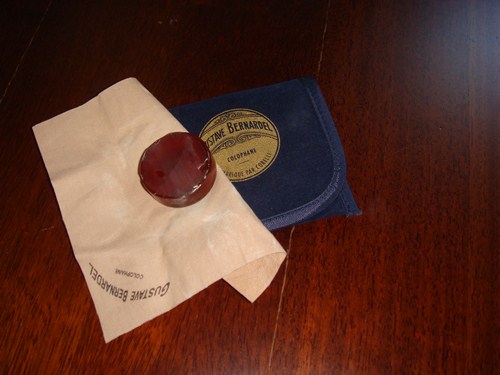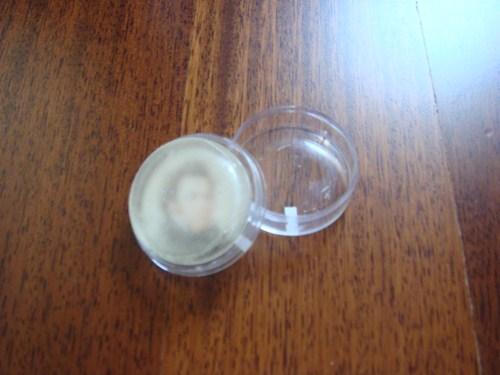You need rosin in order to get sound from your cello. Otherwise the hair on bow would slip on the strings without producing a sound. So, rosin is a definite part of cello playing. Some say rosin is rosin; others believes some make improvements. No matter what you believe, you need one. My first rosin was Gustave Bernardel and it was nice.
Afterwards while searching in the web I see that people are suggesting Magic Rosin. I tried it and it is nice also. So which one is better? I don’t know. Neither my ear, nor my technique is enough to make a rosin shoutout. I can just say that Magic Rosin grabs the strings a tad easier. It is especially noticeable on the C string. That’s why nowadays I’m using Magic Rosin.
Rosin may make a difference in sound but they definitely make a difference on usage. Using Bernardel was easier for example, because it left far less leftovers on the strings than Magic Rosin. I was hardly cleaning my strings on the Bernardel days, but with Magic Rosin, cleaning strings is a part of my practice. For that task, I’m using Scotch Brite.
[nrelate-related]
This is a universal name in my country to call for that soft kitchen sponge with a green or blue harder surface for tough cleaning. You need this for cleaning strings after each practice. A nicely rosined bow leaves sticky residues on strings, and cleaning them will increase the grab.
Rosin leftovers are also a problem for your cello. They fall on to cello from strings and bow while playing. As you guess, you have to clean this leftovers, and especially on summers. Because rosin can melt and fill up the the front plate. For this you can use tissues or soft side of the Scotch Brite.






Son yorumlar